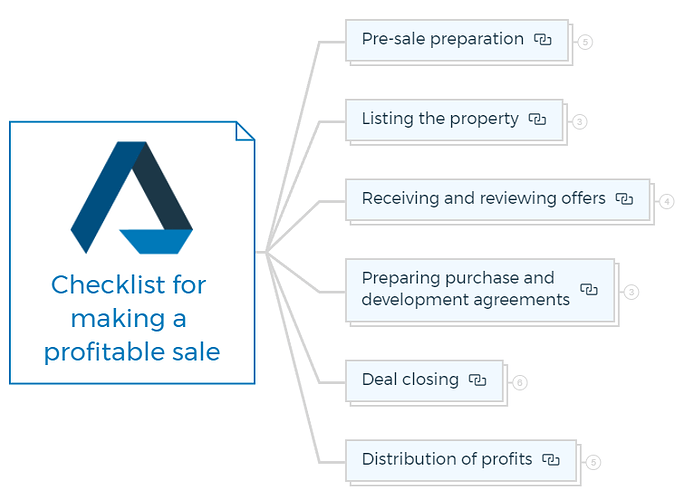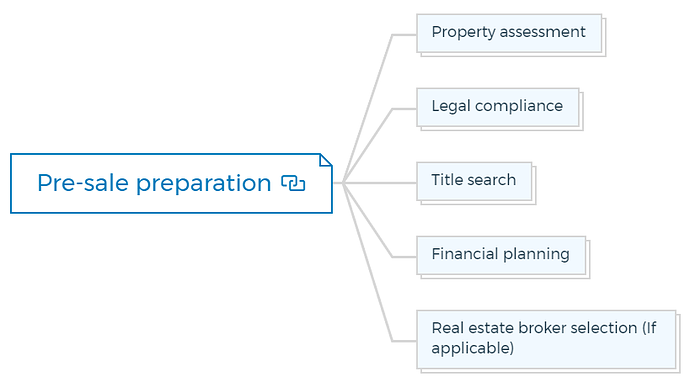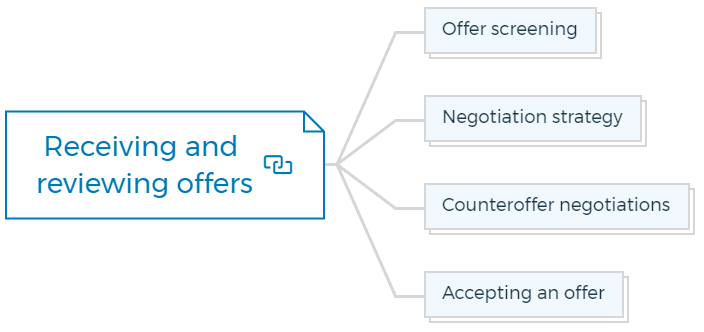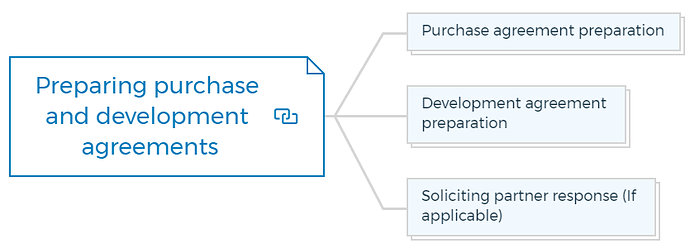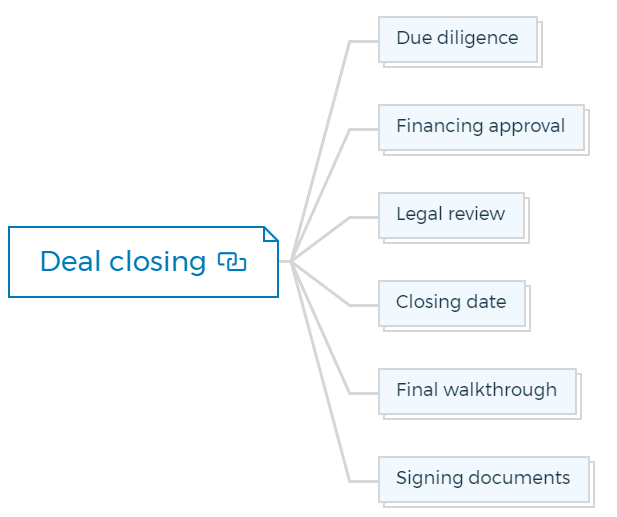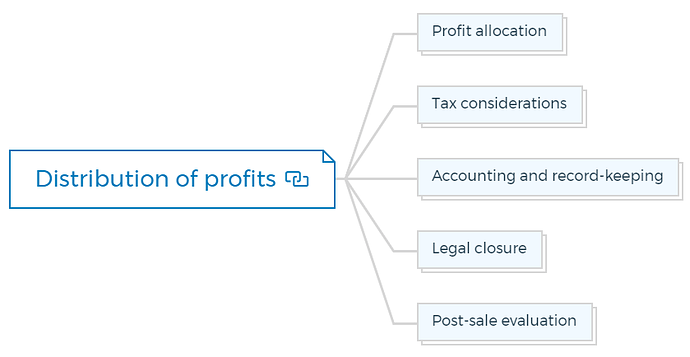1. Pre-sale preparation
1.1. Property assessment
- Determine the property’s current market value.
- Identify any necessary repairs or improvements to maximize value.
1.2. Legal compliance
- Ensure the property complies with all local zoning and building codes.
1.3. Title search
- Verify clear title and resolve any outstanding issues.
1.4. Financial planning
- Calculate your expected profits and set a minimum acceptable price.
1.5. Real estate broker selection (If applicable)
- Decide whether to hire a real estate broker based on your goals and budget.
2. Listing the property
2.1. Hiring a real estate broker (If applicable)
- Choose a qualified and reputable real estate broker.
2.2. Property marketing
- Create a compelling property listing with high-quality photos.
- Utilize online platforms, social media, and traditional marketing methods.
2.3. Setting the price
- Set an attractive but competitive listing price.
You are missing out if you haven’t yet subscribed to our YouTube channel.
3. Receiving and reviewing offers
3.1. Offer screening
- Carefully review and assess offers from potential purchasers.
3.2. Negotiation strategy
- Determine your negotiation approach, including counteroffer thresholds.
3.3. Counteroffer negotiations
- Engage in negotiation with potential buyers to reach favorable terms.
3.4. Accepting an offer:
- Once you accept an offer, the purchaser usually pays a deposit.
4. Preparing purchase and development agreements
4.1. Purchase agreement preparation
- Draft or review the purchase agreement, including key terms and conditions.
4.2. Development agreement preparation
(If selling prior to construction completion)
- Prepare a development agreement outlining responsibilities and timelines.
4.3. Soliciting partner response (If applicable)
If you have partners, seek their approval on the proposed sale.
5. Deal closing
5.1. Due diligence
- Facilitate inspections, appraisals, and any necessary surveys.
Learn More
5.2. Financing approval
- Ensure the buyer’s financing is approved.
5.3. Legal review
- Have legal professionals review all documents for accuracy and compliance.
5.4. Closing date
- Schedule the closing date and location.
5.5. Final walkthrough
- Conduct a final walkthrough with the buyer to ensure the property’s condition.
5.6. Signing documents:
- Sign all necessary documents, including the deed and transfer documents.
6. Distribution of profits
6.1. Profit allocation
- Distribute the sale proceeds to all relevant parties, including partners and lenders.
6.2. Tax considerations
- Consult with a tax professional to understand tax implications and plan accordingly.
6.3. Accounting and record-keeping
- Maintain detailed records of the sale for tax purposes.
6.4. Legal closure
- Close out all legal and financial obligations related to the property sale.
6.5. Post-sale evaluation
- Evaluate the overall success of the sale and identify areas for improvement.

